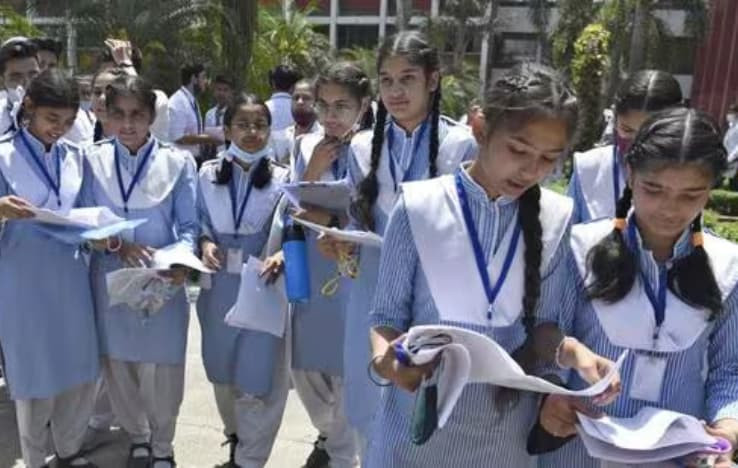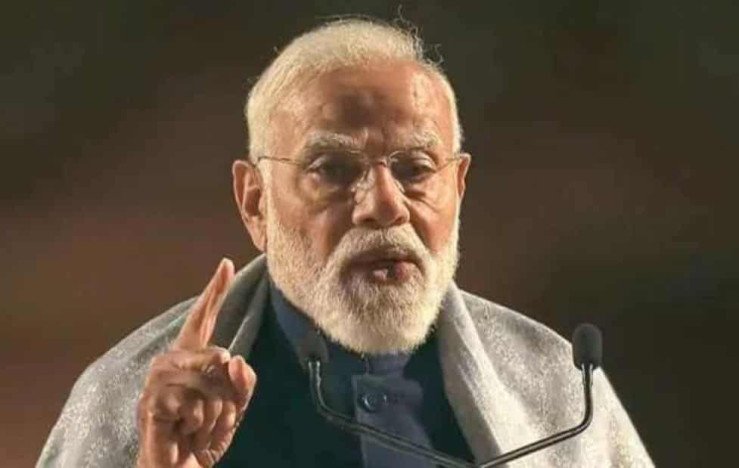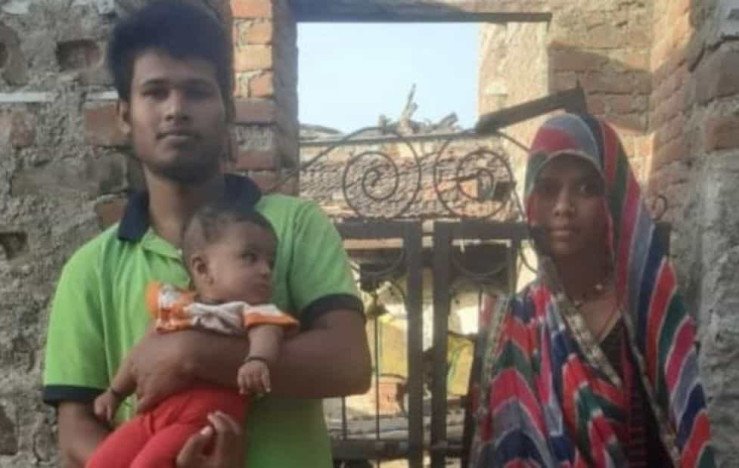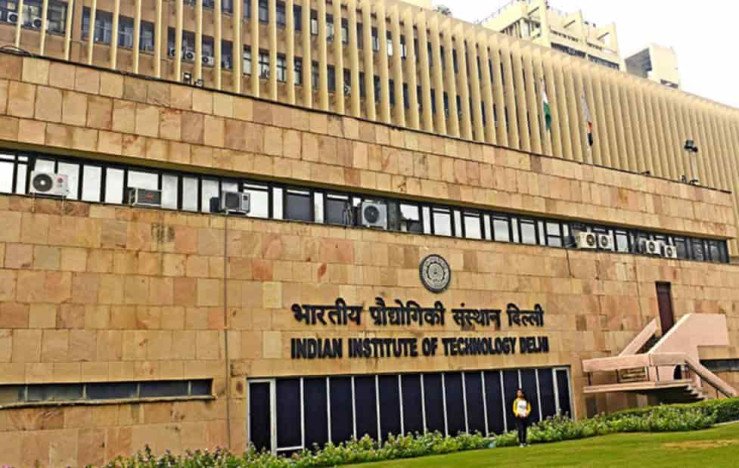Last Updated Nov - 28 - 2024, 05:02 PM | Source : HT | Visitors : 48
Delhi schools shift to hybrid learning as CAQM mandates flexibility amid poor air quality. The move, supported by the Supreme Court, aims to balance education a

After the Commission for Air Quality Management (CAQM) ordered on Monday that all classes up to standard 12 be conducted in hybrid mode (combining both physical and online modes), the Delhi Government’s Directorate of Education directed all schools in the national capital to comply with the CAQM’s order.
“State governments in the NCR shall ensure that all classes up to 12th Standard are conducted in a ‘hybrid” mode, i.e., both in “physical” and also in “online” modes, wherever online mode is feasible in the territorial jurisdiction of the NCT of Delhi and the districts of Gurugram, Faridabad, Ghaziabad, and Gautam Buddh Nagar in the NCR,” said the CAQM order.
In compliance with the CAQM order, the Directorate of Education, Government of Delhi, has issued instructions to the heads of all government, government-aided, and unaided recognized private schools under its jurisdiction, as well as the NDMC, MCD, and Delhi Cantonment Board regarding conducting classes in hybrid mode for students of all classes with immediate effect until further orders.
Earlier on Monday, the Commission for Air Quality Management (CAQM) announced changes to the Graded Response Action Plan (GRAP) to reduce educational interruptions caused by poor air quality in the National Capital Region (NCR). The solutions include lowering Clause 11 of GRAP Stage III and Clauses 5 and 8 of GRAP Stage IV, which apply expressly to schools and colleges.
The relaxation permits educational institutions to conduct classes in a “hybrid” format, allowing students to attend either in person or online. The option for online education, wherever feasible, will be made available to students and their guardians in Delhi, Gurugram, Faridabad, Ghaziabad, and Gautam Buddh Nagar.
This decision follows the Supreme Court’s order dated November 25 in the case of MC Mehta vs. Union of India, directing the CAQM to review GRAP restrictions in light of their impact on education. The court emphasised the need to prioritise education while raising several concerns.
Firstly, the court noted, “A large number of students are being deprived of the facility of mid-day meals as schools and anganwadis are closed.”
It further stated, “A large number of students do not have the facilities to take advantage of online education. Many educational institutions do not have the facilities to provide online education.” Additionally, the court observed, “The residences of many students do not have air purifiers, and therefore, there may not be any difference between children sitting at home and those attending school.”

Feb - 28
A fresh controversy has emerged over a chapter included in a Class 8 Social Science textbook published by the National Council of Educational Resea... Read More

Feb - 28
Ramlal Bhoi’s life story is a powerful reminder that circumstances do not always decide destiny. Born in Ghosunda village in Rajasthan’... Read More

Feb - 28
The Indian Institute of Technology Delhi has opened admissions for the third batch of its Certificate Programme in Applied Data Science and Artific... Read More